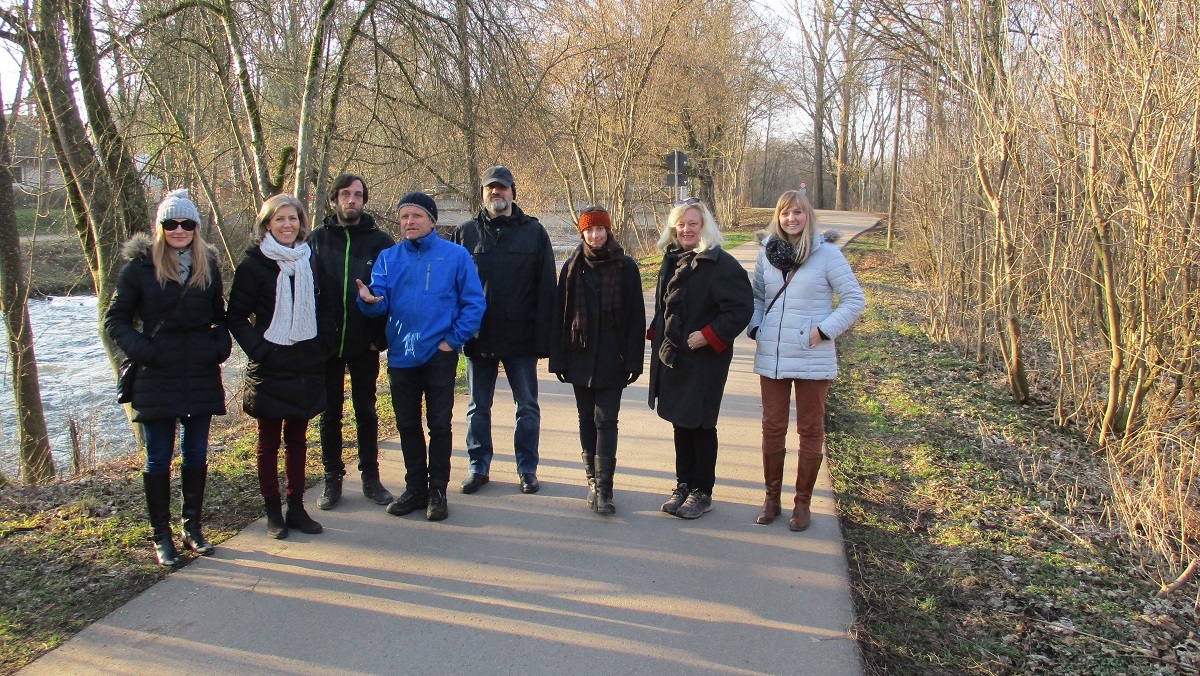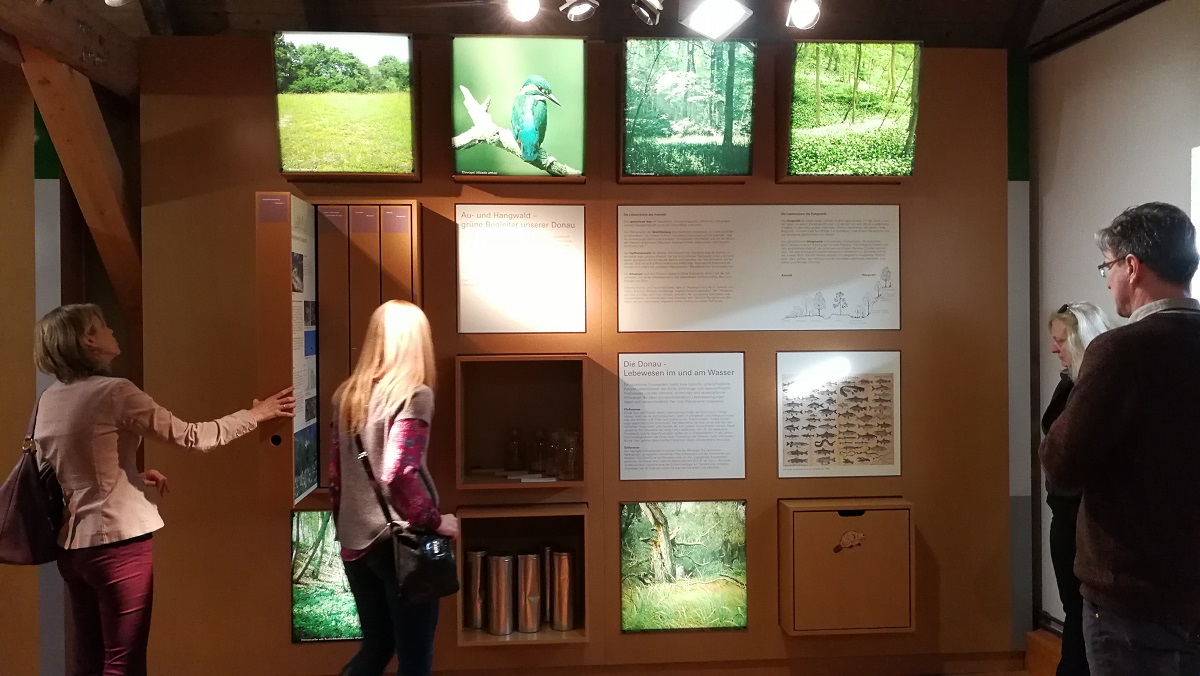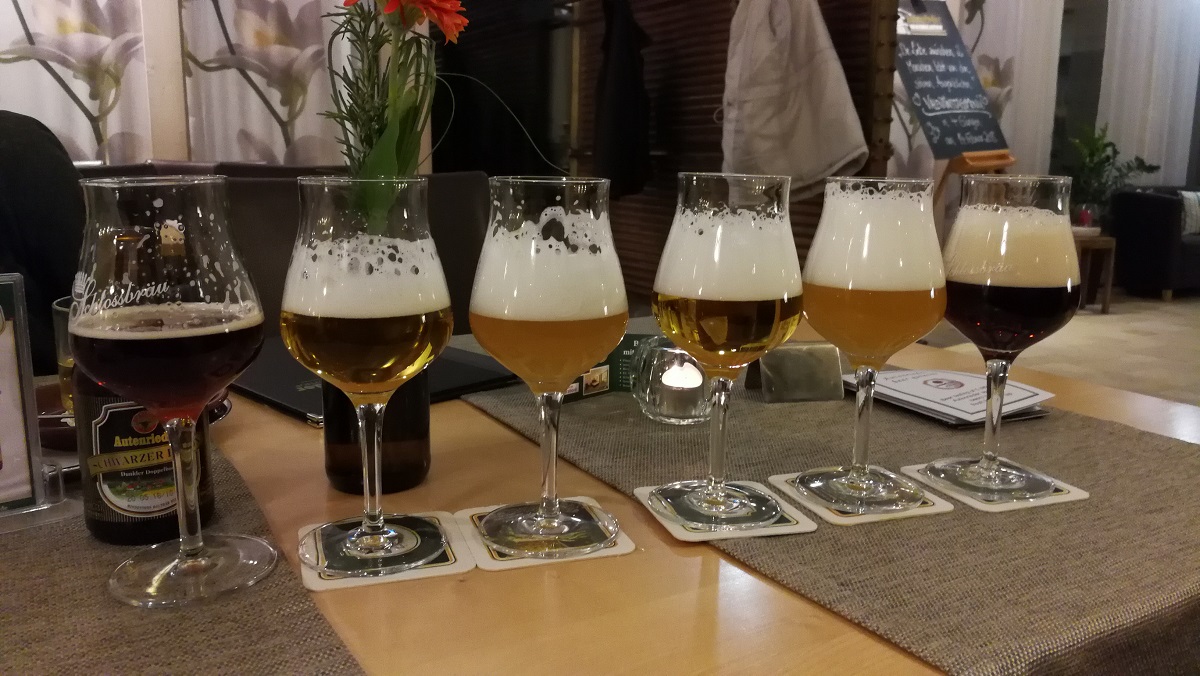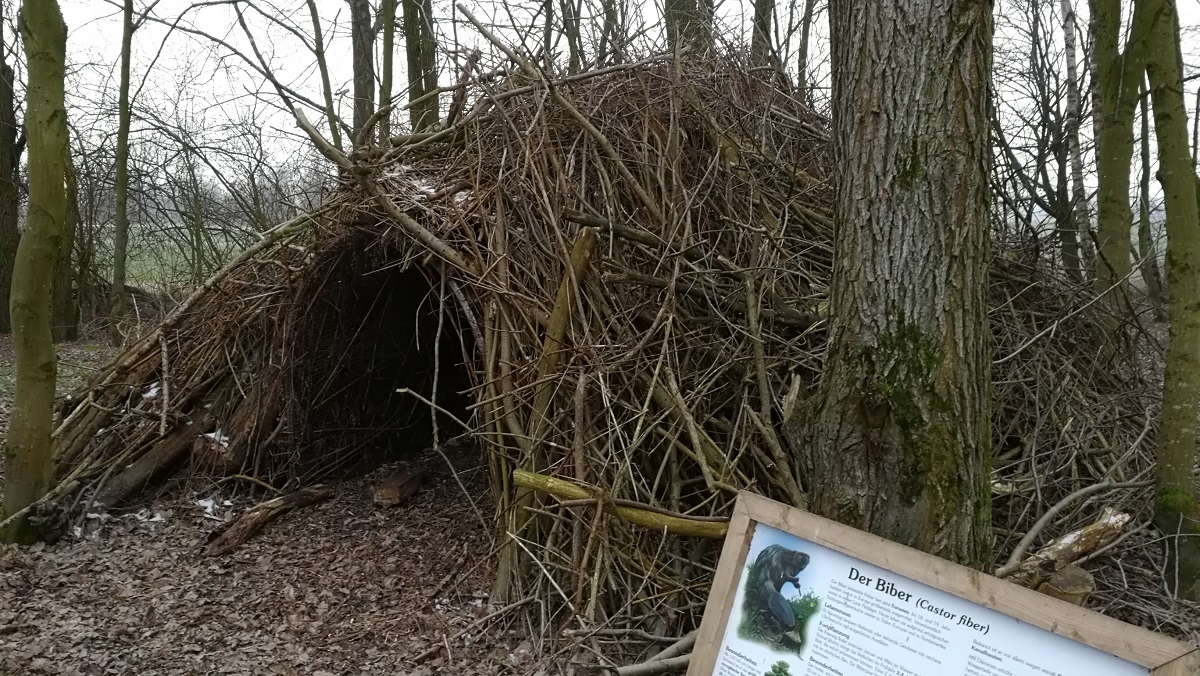INSiGHTS - 3rd bilateral study visit in Swabian Danube Region in Germany
27-02-2018
The 3rd bilateral study visit of the INSiGHTS project took place on February 6 and 7, 2018 in the Swabian Danube Region in Germany. Regional Development Centre “Donautal-Aktiv” (Germany) hosted four participants from Zala County Government (Hungary) and a mentor from BOKU University of Natural Resources and Life Sciences (Austria).
The partners first met in Bächingen at the museum “mooseum” for an introduction event. Besides being a museum for regional environment, the mooseum is also an environmental education center and a social community center. To clarify the form and content of the 3rd bilateral study visit, Lothar Kempfle and Stephanie Bachhuber gave a short introduction.
Nearby the mooseum there is an app supported quiz tour along the Brenz river. The visitors experienced a short part of the tour in order to get an impression of the touristic outdoor offers in Bächingen. After this short trip Lothar Kempfle presented the successfully established and upcoming projects of Donautal-Aktiv. From that a small discussion arose about the financing and marketing of several events. Also, the question about “how to enhance a regions attractiveness” was raised and discussed.
Following, the partners went to Sophienried, a recultivated shallow water area located between Gundelfingen and Günzburg, which is now an “El Dorado” for all kinds of birds, especially waders. There, they visited the lookout point for bird watching.
The Partners finished the day with dinner at the Hotel Autenrieder, where the guests were accommodated. The hotel is located in the former “Lower Castle” in the center of the village Autenried, which is close to several nature sights of the region. Hotel Autenrieder also runs the local, traditional brewery. The partners could therefore taste some of the award-winning beers while having dinner.
The second day of the bilateral study visit started at Hotel Autenrieder. Mrs. Autenrieder introduced the hotel as a trained and certificated member of the project “Naturgucker”. This collaboration of hotels and accommodations strengthens slow and green tourism in the Swabian Danube Region. All participants of the project offer maps, info scripts, field glasses, etc. to interested tourists. Afterwards, the partners did a short tour through the historical brewery museum of Hotel Autenrieder.
Next on the agenda was the presentation of Prof. Ulrike Pröbstl-Haider, who talked about “digital approaches for touristic product development”. A short discussion about how to shape the upcoming pilot action of the INSiGHTS project followed. Two stakeholders, Carina Huch (Regional Marketing Manager of Günzburg) and Sophia Müller (Project Manager DonauTäler), were also attended the presentation.
Subsequently, the partners went to Thannhausen, a city in the municipality of Günzburg. There, they went on the walking tour “Hansenhohl”. The trail is an example of digital tourism offers and leads through a wooded ravine over narrow bridges and stairs. It offers a criminal quiz-app, which is especially appropriate for families.
For lunch the partners went to “Traubenbräu” in Krumbach, a city south of Günzburg. “Trauben-bräu” is a family run hotel and restaurant that is also member of the project “Naturgucker”. Next and last station on the agenda was the visit of the accommodation “Baumhotel”. Three tree houses are available for the guests. The owner presented the history and vision behind the tree house project, which addresses especially all those, who like a peacefully place and close touch with nature. After the introduction to the accommodation, the partners stayed at Baumhotel in the seminar room. Moderated by Prof. Ulrike Pröbstl-Haider a SWOT analysis was conducted.
Summing up, the 3rd bilateral Study Visit contributed very positively to the work within the INSiGHTS project. Honest discussions during the workshops provided food for thoughts for the subsequent planned pilot action. Especially the input of the mentoring partner from BOKU University of Natural Resources and Life Sciences furthered new findings and gave impulses on how to continue in an expedient way. Differences and commonalities between Zala County and Swabian Danube Region were also discussed and brought up new findings.






